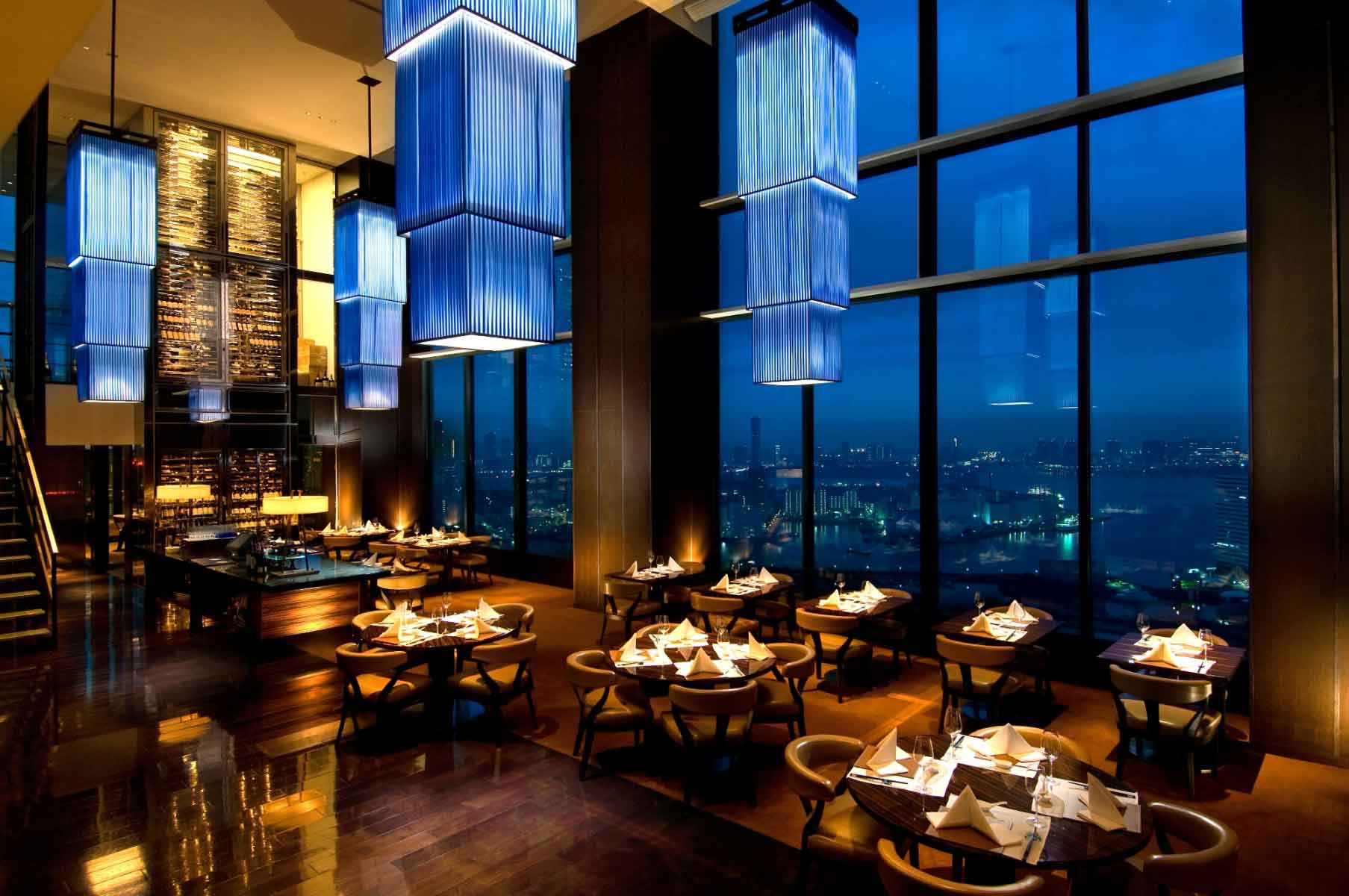How to Have a Successful Opening Night
/https://www.youtube.com/watch?v=cNEwh6p_YoU
So, you’ve built your restaurant, you’ve hired your staff, you’re ready to open. You want to make sure you have a very successful opening night for your restaurant. There’s a lot of preparation that needs to go into that night. A lot of training of the staff, and a lot of testing of the menu, and it’s very important to give yourself the opportunity to try to operate without the public being in your restaurant.
One of the ways that you can to do that even before constructions final, if you have enough staff to do it, invite some friend in, give them a dining experience, ask them for their honest feedback. What went well? What didn’t work? It’s a great opportunity to prepare for opening night by having a dress rehearsal with people who you’ve invited and who you care about. Give them a free meal and ask them for their honest feedback in return.
Once you have all that information, you need to promote your opening night. You need to get the word out. You need to let the world know that you are opening your restaurant. You might want to do that with a press release. You might want to do that by having flyers that you hand out. You might want to put out some sort of notice on the Internet on your website. You may want to actually send specific invitations to people that you know and say, we’re opening and we’d be delighted to have you to come in and experience our new restaurant.
Challenges with an opening night are that you don’t want too little business but you also don’t want too much. Too little business well feel like a downer, too much business will create bad experiences that will set a bad first impression and will not create good word of mouth from the beginning. Now most dinners know that on opening night a restaurant, just like a new theater production can be a little weak in the knees, but if they have to wait an hour and a half for their food they might not come back and they’re going to tell everybody they know the story. So you want to prepare. Think about the perfect number of people to have your first day is and shoot for that number.
Maybe you want to limit your hours at first. Maybe you just want to open just for lunch or just for dinner to start. Maybe you want to offer a somewhat smaller menu than you will actually ultimately offer your guests. It’s important to remember that you have to walk before you can run in the restaurant business, and it’s better to serve a few people and give them a great time, than to serve a large number of people and have a mediocre time.
Preparing for a great opening night also involves your attitude because things will go wrong. This is a restaurant that’s never been opened to the public before and all of a sudden all these many different moving parts have to operate in sync. So, you need to be prepared to smile and believe and enable your staff to believe that you’re having a good time, that it’s going well no matter what happens. Obviously if something serious you need to take care it, but on your face and in your demeanor what you should project is, this is a great night and we’re having a great time, and this is going to be a great restaurant.









